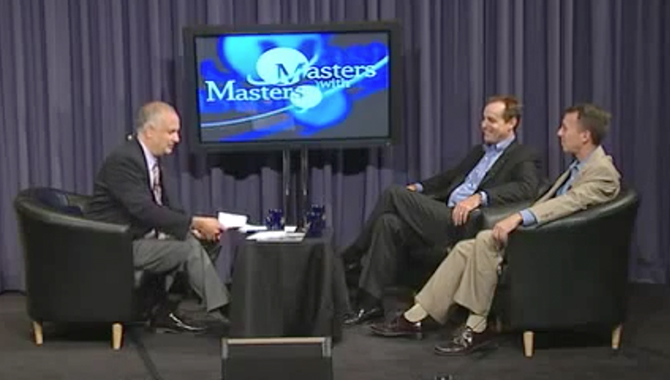
Doing hands-on work provides people direct experiences with components, objects and circumstances to encourage personal understanding of a specific subject matter.

Doing hands-on work provides people direct experiences with components, objects and circumstances to encourage personal understanding of a specific subject matter.
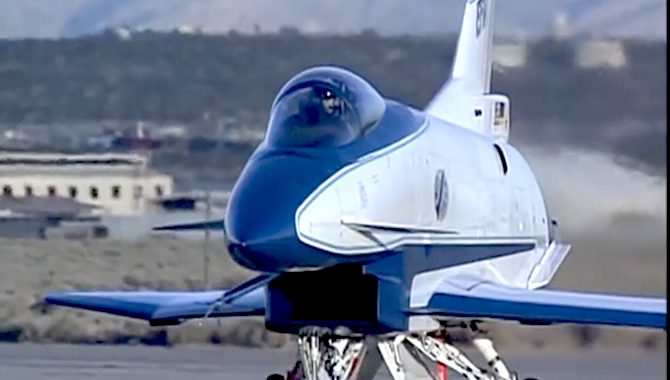
The X-31 was an international flight research program that involved collaboration from NASA, U.S. Air Force, Defense Advanced Research Projects Agency, U.S. Navy, Deutsche Aerospace, German Federal Ministry of Defense, and Rockwell International during the late 1980s and early 1990s.
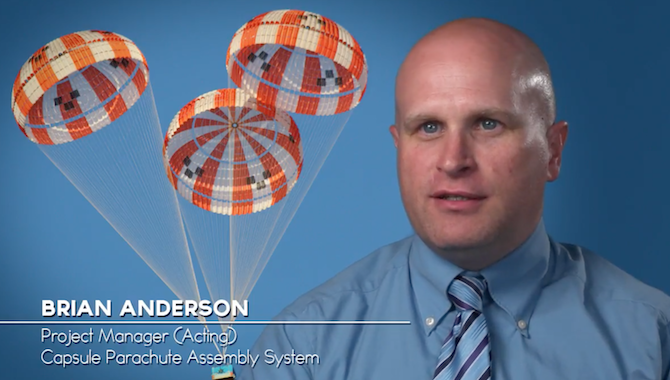
Knowledge is an important product that comes out of all of NASA’s project work.
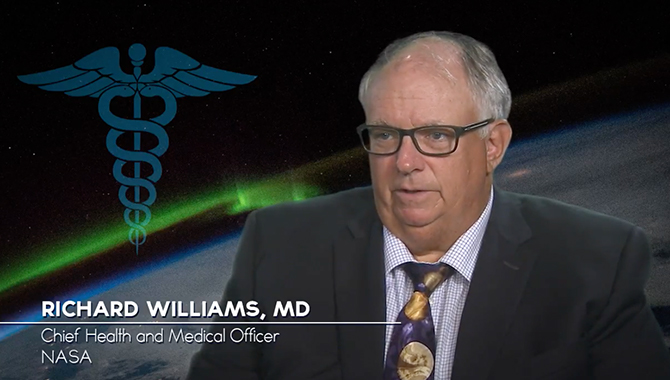
NASA developed and instituted an independent technical authority process after the Space Shuttle Columbia accident occurred. The technical authority model is designed to develop policy and procedural requirements and standards for program and project management when applicable and appropriate.
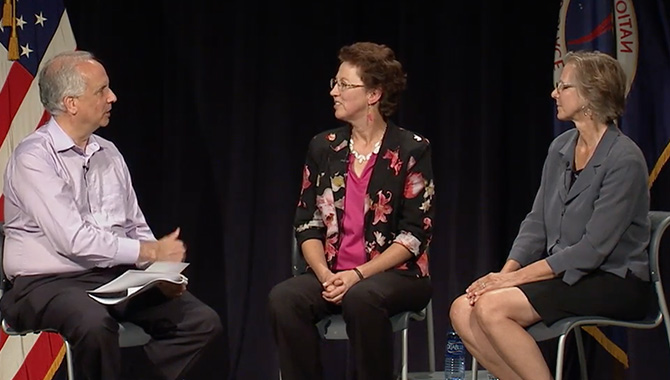
At NASA, sharing knowledge between practitioners is a key activity that enables mission success.
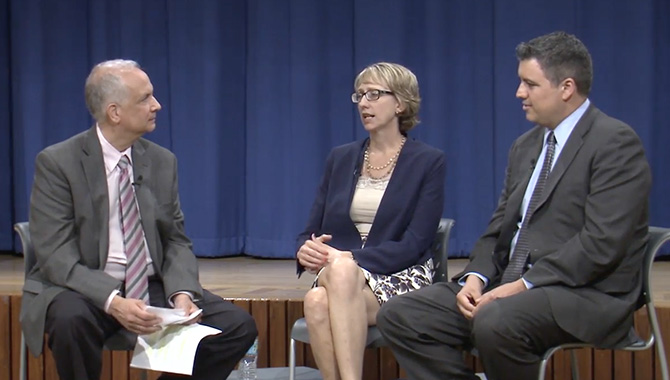
Mentoring can be defined as a process where someone with experience or knowledge teaches or gives advice to a less experienced and often younger person.
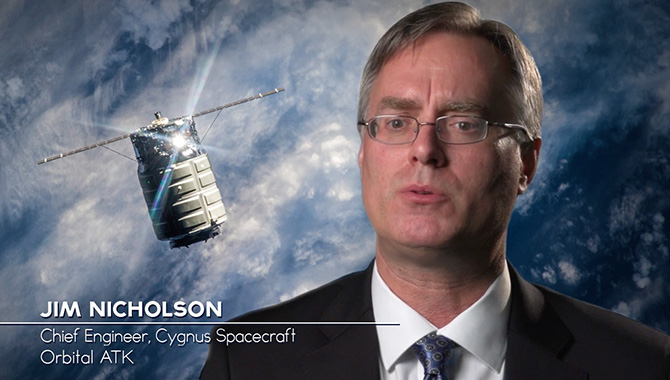
Rehearsals and simulations can help to develop experience for a team preparing to support a launch.
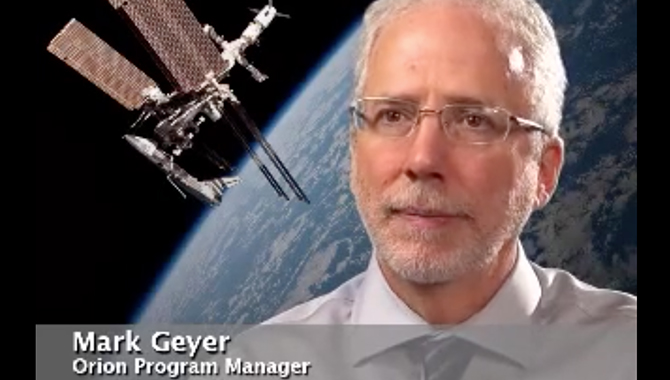
NASA has learned many lessons about working with international partners during the International Space Station (ISS) Program.
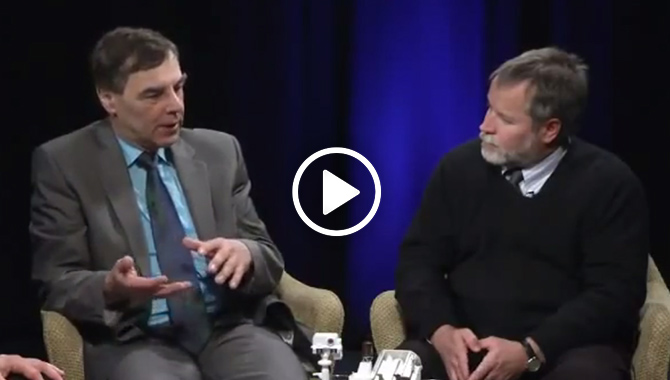
At NASA, balancing the need to innovate to meet project requirements with the amount of risk you are able to tolerate is always an important consideration for leaders.